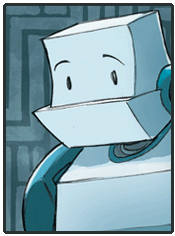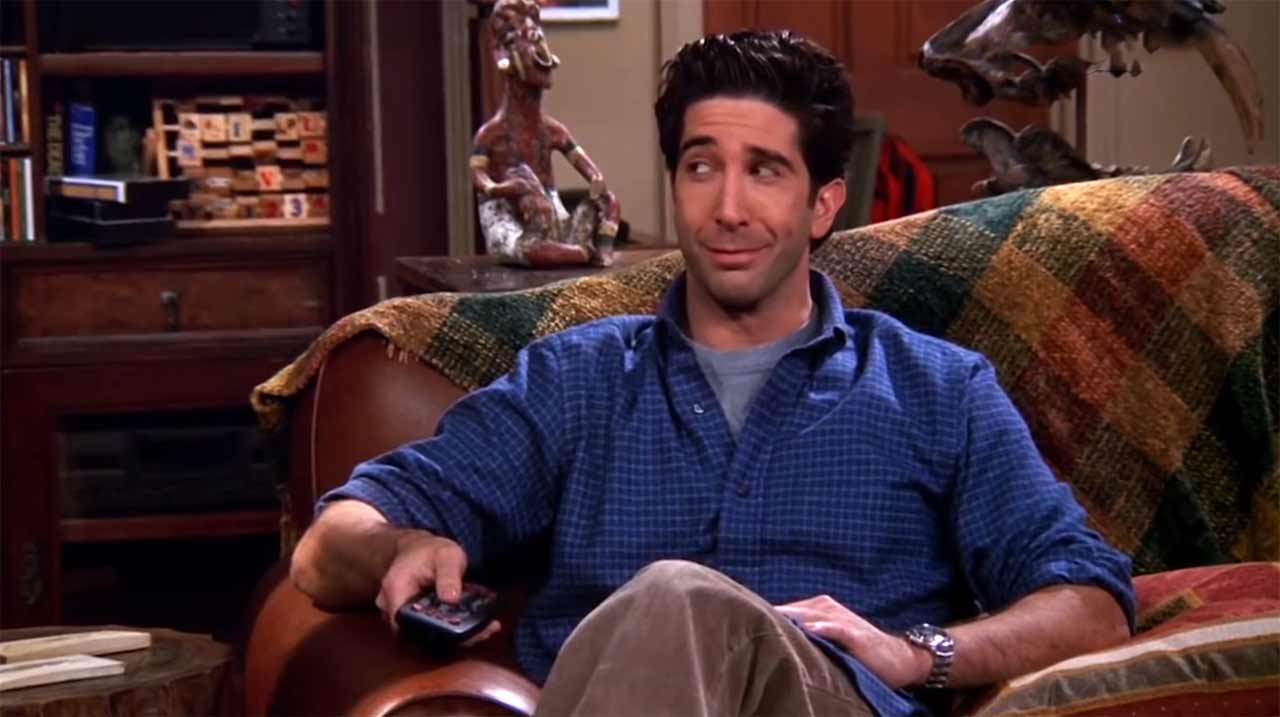

“My Coffee with Niles”- Frasier (Season 1, Episode 24)įrasier is almost designed to cater to bottle episodes-though not quite as much as its forerunner, Cheers-deriving its best gags from witty dialogue, contentious relationships and farcical situations that require little more than a barebones set to work. The writers nailed it during the first season with the finale “My Coffee with Niles,” in which Frasier and Niles have a coffee at their usual spot Cafe Nervosa and run into a couple of their friends and family. “The Box”- Brooklyn Nine-Nine (Season 5, Episode 14) Niles asks his brother the deceptively simple question “Are you happy?”, which Frasier overanalyzes in his typical way, finding some emotional depth in between quibbling over his obnoxiously specific coffee order.ħ. The best bottle episodes contain poignant character moments, and “The Box” is no slouch in that regard. Mostly taking place in the Nine-Nine’s interrogation room, Captain Raymond Holt and Detective Jake Peralta play off each other in order to coax a confession out of a particularly cocky dentist. Snappy, but lacks substance.“Chardee MacDennis: The Game of Games”- It’s Always Sunny in Philadelphia (Season 7, Episode 7) Peralta acknowledges his desire to prove himself to Holt because daddy issues, and in examining his own inner conflict finds the solution to making the criminal crack.Ħ. "Boohoo I bonked an illiterate nazi" is basically the author's whole review. I read the review, and it's Oscar gossip from that time. Whether the film is a faithful adaptation or not, the laconic feels like Flame Bait. While the laconic is from a film review, it completely ignores one of the central themes of the book: finding out someone you liked is worse than you originally thought/remembered.

The protagonist doesn't know she's illiterate, but knows something isn't quite right with how the other nazis were ganging up on her in court. The story focuses on the boy as he grows up, having to combat his complicated feelings about the illiterate nazi and his country's history.įor example, while the illiterate nazi is a nazi nonce, she takes the fall for several worse nazis and gets a harsher punishment then them because she's too proud to admit she's illiterate (this fact would have exonerated her of worse crimes). She raped a child while he was ill at the beginning of the story, and then abuses him during their "relationship" before vanishing. While the review is technically accurate, it downplays how fucked up the illiterate nazi is note I had to read this book in the native language and in English for my A Level German, I haven't watched the film. If my post doesn't mention a giant flying sperm whale with oversized teeth and lionfish fins for flippers, it just isn't worth reading. The laconic probably needs to be more akin to "The way a specific episode is produced and presented in the hope of reducing production costs" except far better worded.Įdited by Wyldchyld on Jan 21st 2023 at 11:27:42 AM
#Bottle episode trope how to#
but because the new set had to be created, this particular Bottle Episode cost more than the normal episodes did, but saves costs in the long run because they now know exactly how to present and frame things for the future story arc (it effectively acted as a test run). Work Z may decided to set the episode in a new location to create the atmosphere for a bigger storyline later on in the show that will need the audience to have already been introduced to the place. Work Y may involve the entire main cast, but they only use existing sets and props, and don't show the characters travelling between these different locations, don't include extras, and perhaps even take place at a specific time of day or night so they can cut back on lighting costs. So, Work X might create a Bottle Episode that consists of two characters in a single room for the entire episode, not only removing the need for extras or different location shots, but also excluding the rest of the main cast. The point of the trope - what entries should be capturing - is why the episode was intended to be a bottle episode, and how the episode manifests as one. As the description says, a Bottle Episode can end up costing more than a normal episode. It's that the intention is to make the episode cost as little as possible. The point of the Bottle Episode trope isn't that it costs as little as possible.


 0 kommentar(er)
0 kommentar(er)
